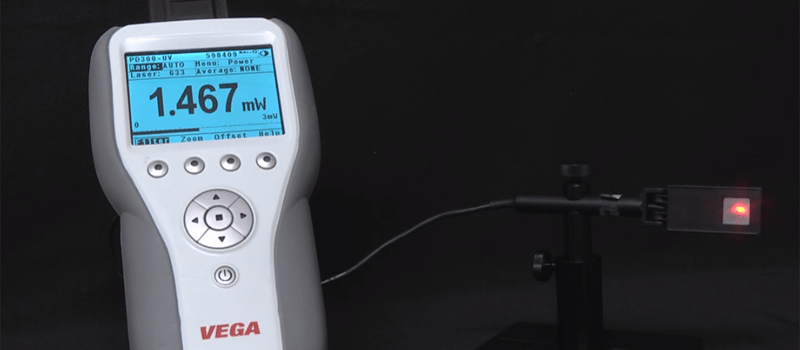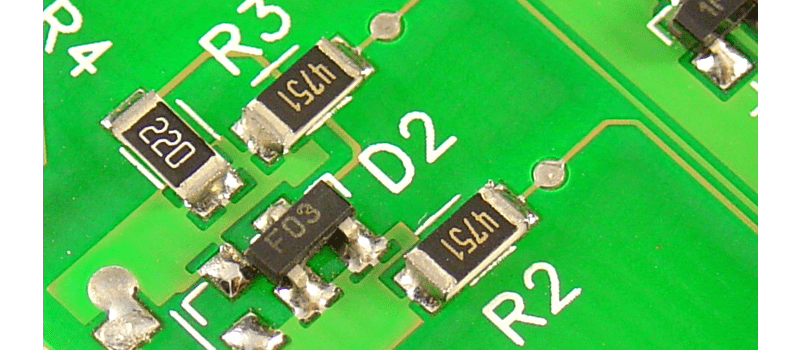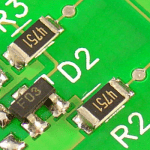Lasers can be dangerous.
For you, for your workspace, and for your measurement equipment.
Some people assume high power is the problem and low power is safe. This isn’t necessarily the case, though. What you really want to look at is the power (or energy) density of the laser.
High power is practically irrelevant if it’s spread out over enough area, and low power can suddenly become harmful when focused down to a small point.
Take for example the power we get from the sun and the power in a lightning bolt. The sun’s power (or the small part that reaches earth) is about seven order of magnitude greater than that of a lightning bolt, yet we don’t mind going out in the sun. And, uh, we do mind being struck by lightning. At least, I do.
Lasers act the same way. Granted, due to their low divergence, they won’t be spread out very much. However, some lasers can be centimeters across, while others are just a few microns thick.
Let’s take a real world example to give you an idea. Of course, all my real-world examples contain only numbers 1, 10, and 100, so you can take “real world” with a grain of salt.
Imagine you have two lasers: laser A and laser B. Both lasers are 10 W, but laser A has 1 cm diameter, while laser B’s diameter is 10 microns. The power density of laser A is about 13 W/cm2, while laser B has power density of 13 MW/cm2 (one million times greater). So let’s say your power sensor or whatever else is exposed to your laser has a damage threshold of 10 kW/cm2. Laser A is well within this spec, while laser B is way past it.
Bottom line: If you don’t want to damage any of your instruments, make sure you know your laser’s power density. If you aren’t sure what it is, you can use this power density calculator.
Flickr Creative Commons Image via andy_c
You might also like to read:
A Shortcut for Calculating Laser Power Density












Leave a Reply
Your email address will not be published. Required fields are marked *